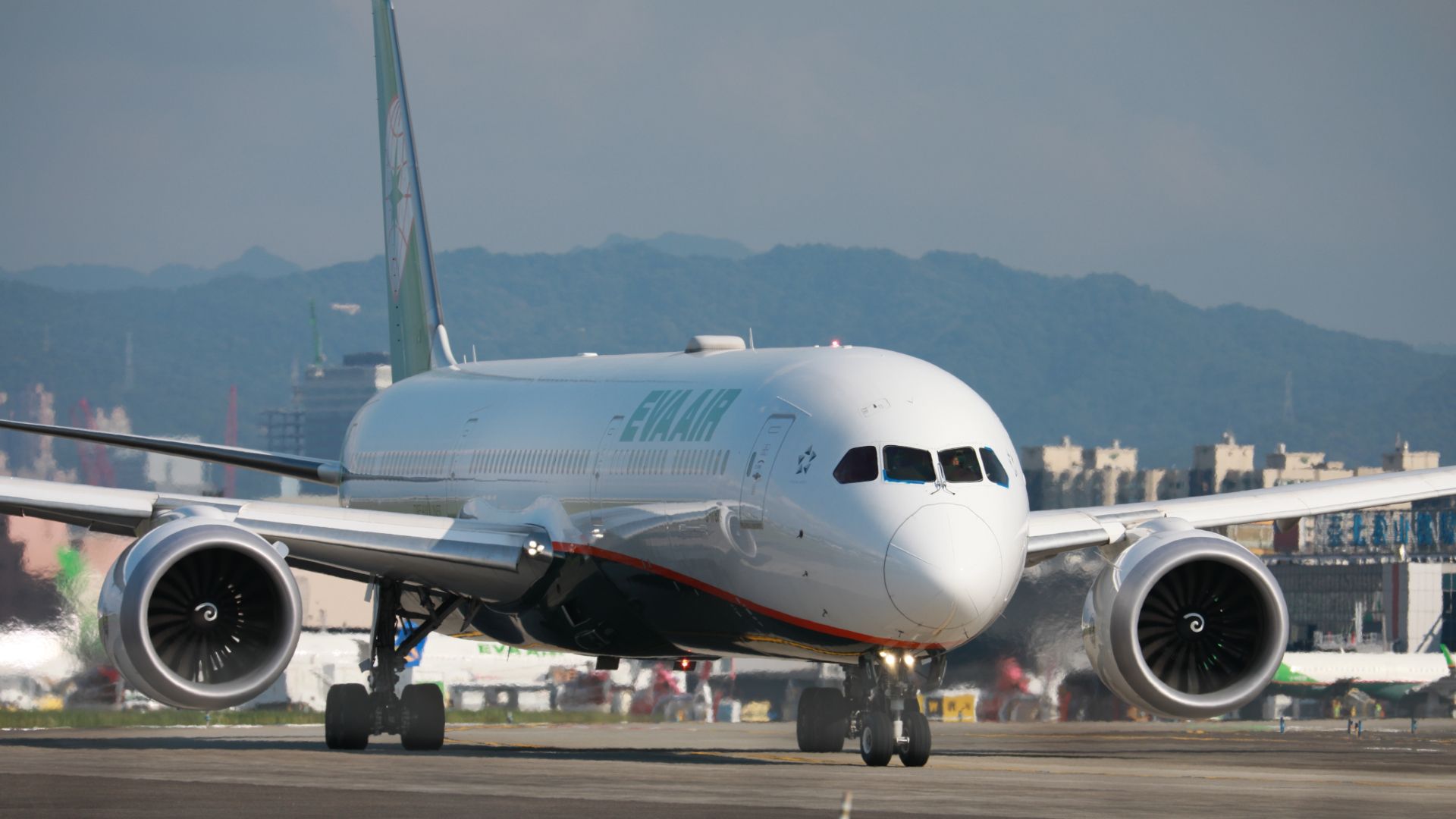World
EVA Air Expands Its North American Network to Seven Cities

EVA Air has significantly expanded its presence in North America by launching a new route from Taipei to Dallas/Fort Worth International Airport. This development, which took place on October 3, 2023, marks the airline’s commitment to enhancing connectivity between Taiwan and the United States. With this addition, EVA Air now serves seven major cities across the US, including Chicago, Houston, Los Angeles, New York, San Francisco, Seattle, and Dallas/Fort Worth.
Founded on July 1, 1991, EVA Air is one of Taiwan’s leading carriers, alongside China Airlines and Starlux Airlines. The airline has grown its fleet to approximately 88 aircraft and now operates over 60 destinations worldwide, with a strong focus on long-haul connectivity. Its entry into the US market began in December 1992 with a nonstop service from Taipei to Los Angeles. In the following year, EVA Air introduced service to Seattle and Newark, establishing itself as the first Asian airline to operate at Newark Liberty International Airport.
New Dallas/Fort Worth Route Enhances Connectivity
The newly inaugurated route to Dallas/Fort Worth will initially run three times a week, increasing to five weekly flights on November 18 and transitioning to daily service by December 15. This expansion builds on EVA Air’s long-standing cargo operations in the region, which began in 1998. The airline’s decision to add this route is driven by rising passenger demand, attributed to the region’s growing economy and business activity.
EVA Air’s North American network has seen considerable growth, particularly in the last decade. According to data from Cirium, the airline operates 93 monthly departures each from both Los Angeles and San Francisco, underscoring the strong performance of these routes. The US Department of Transportation reported that in the fourth quarter of 2024, EVA Air achieved an average load factor of 81.52% on flights between the US and Taiwan, the highest among all carriers on these routes.
Strong Canadian Presence Complements US Expansion
In addition to its robust US operations, EVA Air has also steadily expanded its services in Canada. The airline commenced flights to Toronto and Vancouver in 2010, following a visa-free travel agreement that encouraged tourism and business exchanges between Taiwan and Canada. Initially, EVA Air operated three weekly flights between Taipei and Toronto, utilizing the Boeing 777-300ER with a technical stop in Anchorage.
Growing demand led to an increase in flight frequency, culminating in daily operations by 2017. Currently, EVA Air offers over 200,000 seats annually between Taiwan and Canada. The airline’s combined operations now include 89 weekly flights across North America, solidifying its position as the leading Taiwanese airline in the region. By the end of the year, this figure is expected to rise to 94 weekly flights as additional frequencies to the US are introduced.
With its ongoing expansion, EVA Air continues to enhance travel options for passengers between Taiwan and North America, reflecting both economic growth and the airline’s commitment to providing quality service in international air travel.
-

 Lifestyle5 months ago
Lifestyle5 months agoLibraries Challenge Rising E-Book Costs Amid Growing Demand
-

 Sports4 months ago
Sports4 months agoTyreek Hill Responds to Tua Tagovailoa’s Comments on Team Dynamics
-

 Sports4 months ago
Sports4 months agoLiverpool Secures Agreement to Sign Young Striker Will Wright
-

 Lifestyle4 months ago
Lifestyle4 months agoSave Your Split Tomatoes: Expert Tips for Gardeners
-

 Lifestyle4 months ago
Lifestyle4 months agoPrincess Beatrice’s Daughter Athena Joins Siblings at London Parade
-

 Science4 months ago
Science4 months agoSan Francisco Hosts Unique Contest to Identify “Performative Males”
-

 World4 months ago
World4 months agoWinter Storms Lash New South Wales with Snow, Flood Risks
-

 Science5 months ago
Science5 months agoTrump Administration Moves to Repeal Key Climate Regulation
-

 Business5 months ago
Business5 months agoSoFi Technologies Shares Slip 2% Following Insider Stock Sale
-

 Science5 months ago
Science5 months agoNew Tool Reveals Link Between Horse Coat Condition and Parasites
-

 Sports5 months ago
Sports5 months agoElon Musk Sculpture Travels From Utah to Yosemite National Park
-

 Science5 months ago
Science5 months agoNew Study Confirms Humans Transported Stonehenge Bluestones









